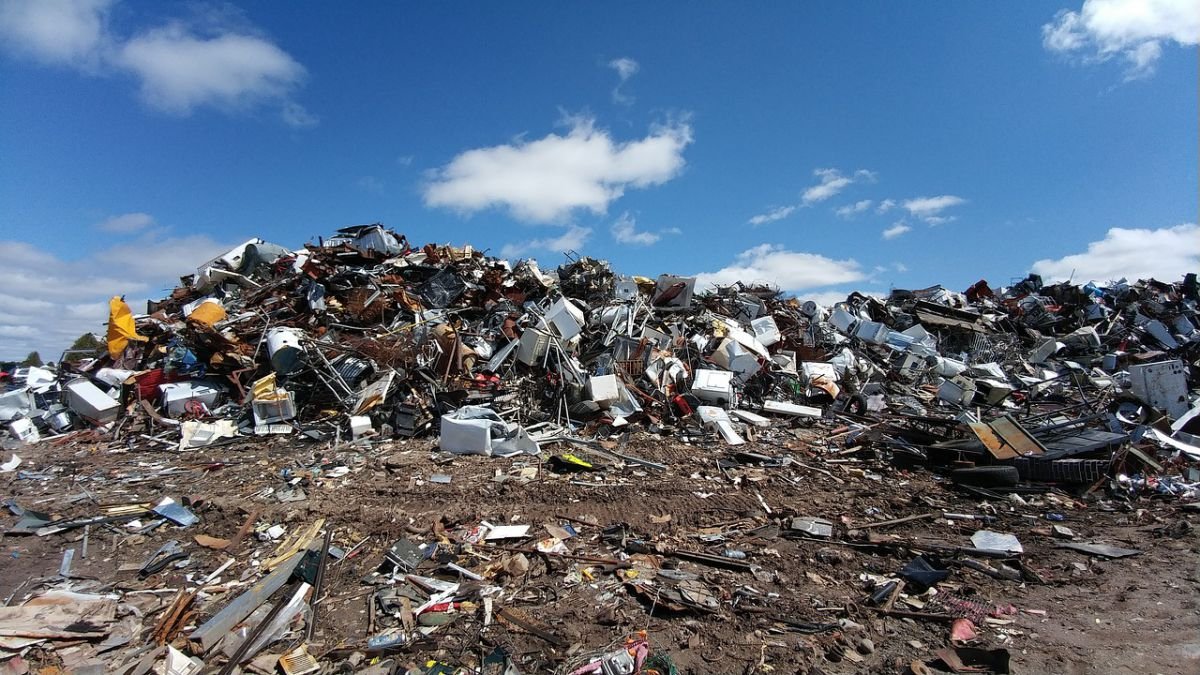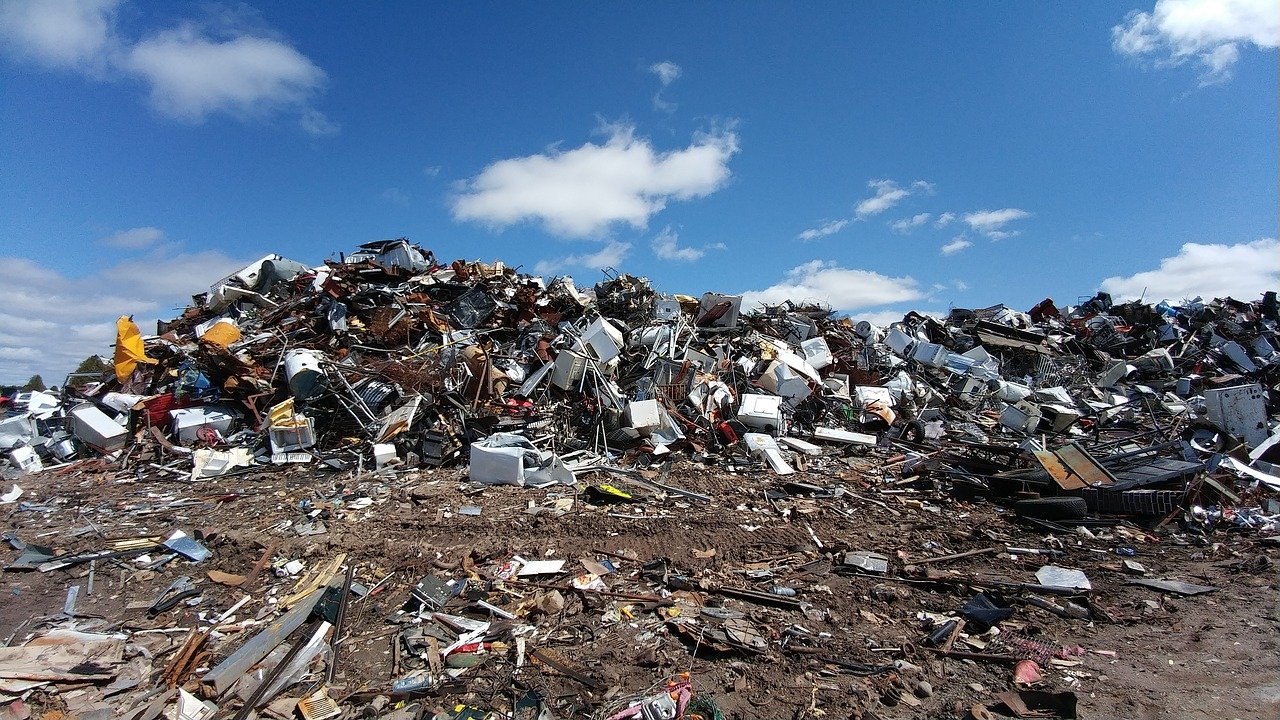

The Royal Society of Chemistry (RSC) warned that supplies of rare items used in the manufacture of cell phones, tablets and computers could run out as older devices are not recycled.
The organization says that elements such as indium, yttrium or tantalum could be depleted in a century due to depletion of stocks.
There are an estimated 40 million unused devices in the UK alone, and 82% of households own at least one unused device. Only 18% will want to recycle, while 14% plan to sell their device.
Mobile phone recycling
The most common reasons for not recycling were related to the confidentiality of the data and the fact that they did not know how to do it.
"Chemists are already working to find innovative solutions, looking for long-term substitutes for rare elements in devices or finding new chemical methods to extract valuable materials and reuse them, but we can and must do more," said Robert Parker, CEO of RSC.
"Chemical solutions to these problems may be only decades away, and in the meantime we are approaching the point of no return for some of these materials, whose special properties make them particularly suitable for use in technology that we rely on. businesses and in our homes. "
According to the RSC, manufacturers should offer recovery systems, devices designed to last longer and extract raw materials without resorting to intensive use of chemicals. You also want users to securely delete and transfer data.
Some vendors already offer return systems that apply a discount compared to a new phone, but the extension of such programs would also reduce electronic waste, especially since the phones also contain toxic substances such as arsenic, as well as the environmental impact of over-manufacturing. .
"As individuals, reuse and recycling are the best options available to us, but even if they are recycled, it is still extremely difficult to recover some of these items from unused devices," he says. Parker continued.
"In our lifetime, one person in the UK will produce around three tonnes of e-waste. However, this number appears to increase as the number of smart, wireless or home-connected devices increases. As a society, we are well aware of the need to adopt sustainable practices in food production and land use. Just think of plastic straws and coffee cups to see how quickly things can change. "